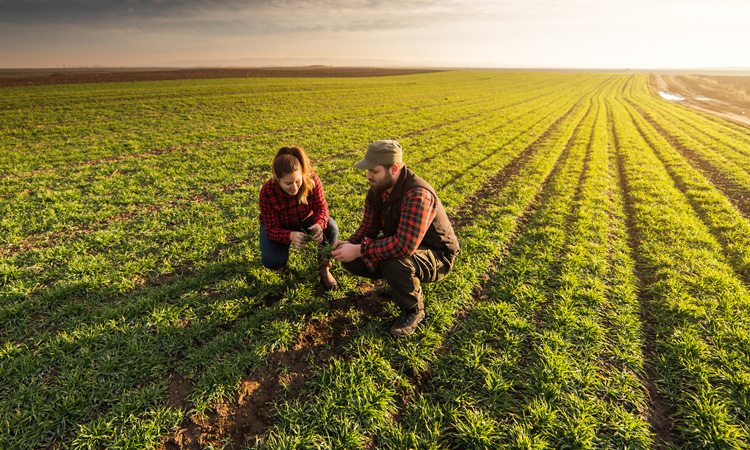FDA announces new round of funding to support food safety education
- Like
- Digg
- Del
- Tumblr
- VKontakte
- Buffer
- Love This
- Odnoklassniki
- Meneame
- Blogger
- Amazon
- Yahoo Mail
- Gmail
- AOL
- Newsvine
- HackerNews
- Evernote
- MySpace
- Mail.ru
- Viadeo
- Line
- Comments
- Yummly
- SMS
- Viber
- Telegram
- Subscribe
- Skype
- Facebook Messenger
- Kakao
- LiveJournal
- Yammer
- Edgar
- Fintel
- Mix
- Instapaper
- Copy Link
Posted: 28 July 2020 | Sam Mehmet (New Food) | No comments yet
The funding will support food safety targeted outreach, education and training at the University of Arkansas Indigenous Food and Agriculture Initiative and the National Farmers Union.


The US Food and Drug Administration (FDA) has announced $1.5 million of continued funding, in the form of cooperative agreements, to the University of Arkansas Indigenous Food and Agriculture Initiative and the National Farmers Union to enhance food safety under the FDA Food Safety Modernization Act (FSMA).
These competitive funding opportunities were announced in November 2019 and are intended to support targeted outreach, education and training to enhance food safety and FSMA compliance, with a focus on the produce safety and preventive controls for human foods rules.
One cooperative agreement, awarded to the University of Arkansas Indigenous Food and Agriculture Initiative focuses on outreach, education and training for Native American tribes, and the other was awarded to the National Farmers Union to support outreach, education and training for local food producers and processors.
Both awardees will continue to work toward meeting the unique needs of their target audiences while leveraging the use of materials developed by the FSMA alliances.
The National Farmers Union
The National Farmers Union was selected for funding having demonstrated their ability to enhance food safety through targeted outreach, education and training to local food producers and processors including beginning and socially disadvantaged farmers, traditional farmers, urban farmers, small farmers and processors, and other supply-chain participants, through the National Farmers Union Food Safety Collaborative Project. Their work has included:
- Conducting a national two-tier, multi-year needs assessment with Cornell University designed to better understand the needs of local produce farmers and small-scale processors on food safety implementation
- Offering low-cost Produce Safety Alliance (PSA) and Food Safety Preventive Controls Alliance trainings and food safety plan workshops to support implementation of the Produce Safety and Preventive Controls for Human Food (PC Human Food) rules among small farmers and food processors, and supporting PSA trainer development
- Developing a national FSMA communication framework among all relevant stakeholders
- Developing resource materials, such as a “A Small Farmer’s Practical Guide to Food Safety” and its “Deep Dive” companion, and “FSMA on the Farm” which provides a step-by-step look at the PC Human Food rule, among others made available on their website
- Providing specialised and on-farm assistance to minority and socially disadvantaged producers and processors in Alabama and Mississippi.
University of Arkansas Indigenous Food and Agriculture Initiative
The Indigenous Food and Agriculture Initiative (IFAI) at the University of Arkansas has been selected for funding having demonstrated their ability to advance food safety through outreach, education and training to Native American tribes. Their work is said to have supported FSMA implementation through science-based training, education, outreach, and technical assistance that takes into account tribal historical, cultural and regional agricultural production and processing practices which has included:
- Developing a modified produce rule curriculum to meet the needs of tribal audiences
- Hosting a regular webinar series on the Produce Safety rule and other related topics, along with creating a project website
- Supporting Produce Safety Alliance trainer development and offering subsidised PSA grower trainings for tribal members
- In conjunction with partners, conducting extensive tribal outreach and technical assistance on produce safety among tribal producers and processors
- Developing a needs assessment to gather information on the FSMA training and education needs of the tribal community.
Related topics
Food Safety, Recruitment & workforce, Research & development








